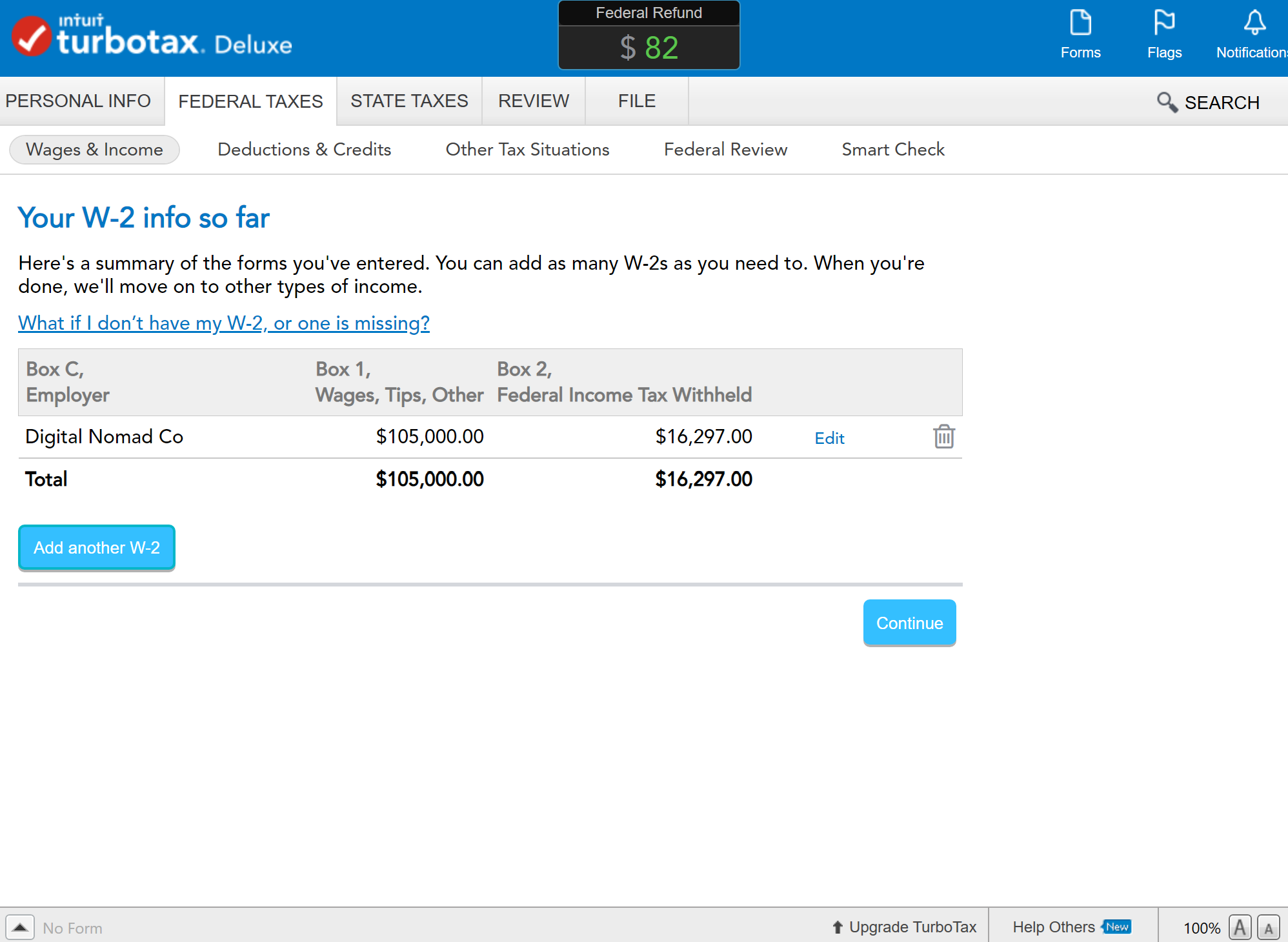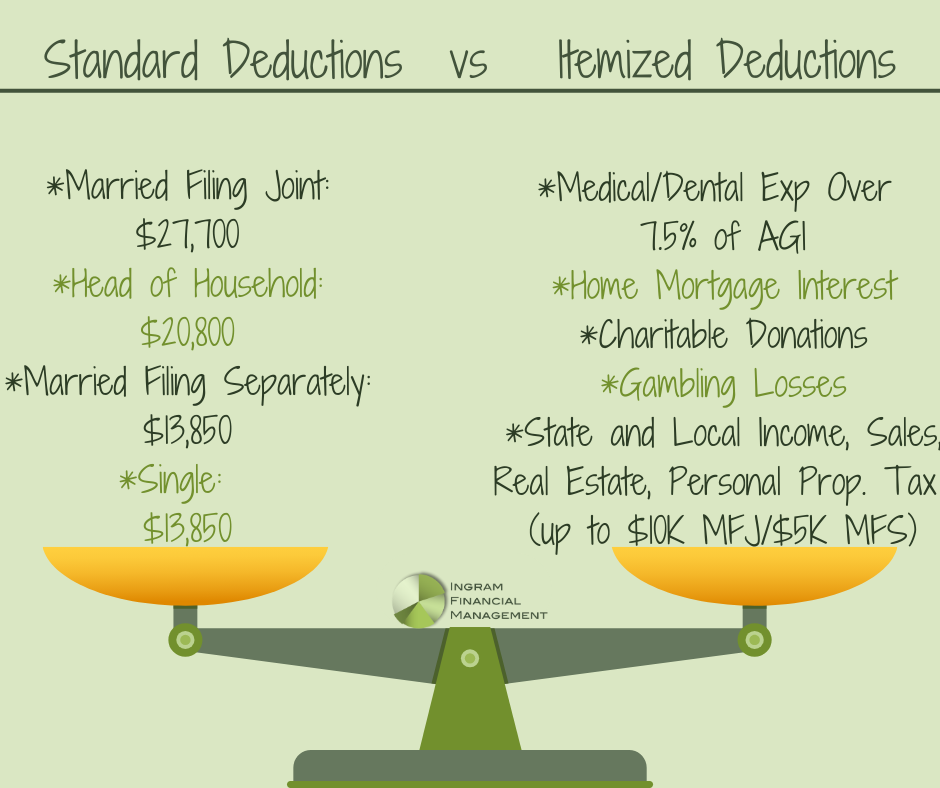Recognizing the Foreign Earned Earnings Exemption and Its Effect on Your Typical Reduction
The Foreign Earned Revenue Exclusion (FEIE) provides substantial benefits for migrants, permitting them to omit a part of their foreign-earned revenue from united state tax. Declaring the FEIE can complicate one's tax obligation scenario, particularly regarding the conventional reduction. Understanding this communication is important for people living abroad. As migrants browse these complexities, they should think about exactly how their options influence their total tax obligation responsibility. What approaches can they employ to optimize their financial outcomes?
What Is the Foreign Earned Income Exclusion (FEIE)?
The Foreign Earned Income Exemption (FEIE) functions as an important tax obligation advantage for united state people and resident aliens functioning abroad. This stipulation permits qualified individuals to leave out a substantial portion of their foreign-earned income from U.S. taxation, successfully minimizing their general tax obligation burden. The FEIE intends to alleviate the economic pressure on migrants and encourages Americans to go after employment chances in foreign markets. The exclusion relates to wages, salaries, and expert charges earned while staying in an international nation. The optimal exclusion quantity is changed every year for inflation, making sure that it continues to be appropriate to existing economic problems. By utilizing the FEIE, expatriates can retain more of their revenue, promoting financial stability while living overseas. Generally, the FEIE plays an important role fit the economic landscape for Americans abroad, assisting in a smoother change to global job environments and advertising economic engagement on a worldwide range.
Eligibility Demands for the FEIE
Qualification for the Foreign Earned Revenue Exemption (FEIE) is contingent upon conference details standards established by the Internal Revenue Service (IRS) Largely, people should be united state residents or resident aliens that earn earnings while residing in an international country. To certify, they should satisfy one of two main examinations: the Physical Existence Examination or the Authentic House Examination.
The Physical Presence Examination requires individuals to be physically present in an international country for a minimum of 330 full days within a 12-month duration - FEIE Standard Deduction. Conversely, the Bona Fide Home Examination necessitates that people develop residency in a foreign nation for an undisturbed duration that consists of an entire tax year
In addition, the revenue needs to be stemmed from individual services executed in the foreign nation. Fulfilling these demands permits taxpayers to omit a substantial part of their foreign-earned income from U.S. taxation, thus decreasing their general tax obligation.
How to Declare the FEIE

To start the procedure, individuals ought to collect papers that validate their foreign earnings, such as pay stubs, tax obligation returns from international nations, and any type of relevant employment agreement. It is very important to guarantee all revenue claimed under the FEIE is earned from foreign sources and meets the called for limits.
In addition, taxpayers have to take into consideration submitting due dates and any feasible extensions. Declaring the FEIE properly not only aids in decreasing tax responsibility however also guarantees conformity with IRS policies. Correct paperwork and adherence to standards are crucial for an effective claim of the Foreign Earned Earnings Exemption.
The Interaction In Between FEIE and Conventional Deduction
The communication in between the Foreign Earned Income Exemption (FEIE) and the standard reduction is a vital facet of tax preparation for migrants. Recognizing the fundamental principles of FEIE, along with the constraints of the standard reduction, can substantially impact tax obligation filing approaches. This section will check out these aspects and their effects for taxpayers living abroad.
FEIE Basics Explained
While numerous expatriates seek to decrease their tax problem, recognizing the interaction in between the Foreign Earned Income Exclusion (FEIE) and the standard reduction is crucial. The FEIE allows united state residents and resident aliens living abroad to exclude a certain quantity of international gained revenue from united state taxation. This exemption can substantially reduce gross income, potentially impacting qualification for various other deductions, such as the typical deduction. Extremely, people who assert the FEIE can not likewise take the typical deduction versus the excluded income. Consequently, expatriates should very carefully examine their complete income and deductions to enhance Recommended Reading their tax obligation scenario. Understanding of these communications can bring about more informed financial decisions and much better tax obligation methods for expatriates guiding with their distinct circumstances.
Standard Reduction Limitations
Understanding the constraints of the basic reduction in connection to the Foreign Earned Earnings Exemption (FEIE) is crucial for expatriates navigating their tax obligations. While the FEIE allows certifying individuals to exclude a particular quantity of foreign-earned revenue from U.S. tax, it can influence the common deduction they are qualified to case. Specifically, taxpayers that declare the FEIE can not also assert the basic reduction on that particular omitted earnings. Furthermore, if an expatriate's overall income falls below the conventional reduction limit, they may not gain from it in all. This interaction demands careful planning to enhance tax obligation advantages, as underutilizing the conventional deduction can result in greater taxable income and raised tax obligation. Comprehending these constraints is vital for reliable tax obligation method.
Tax Declaring Ramifications
Navigating the tax filing ramifications of the Foreign Earned Income Exemption (FEIE) requires mindful consideration of just how it connects with the typical reduction. Taxpayers using the FEIE can omit a significant section of their foreign-earned revenue, yet this exemption affects their qualification for the typical reduction. Especially, if an individual insurance claims the FEIE, they can not likewise assert the common reduction for that income. This can lead to a lower general tax obligation liability but may complicate the filing procedure. Furthermore, taxpayers have to guarantee conformity with internal revenue service demands when submitting Type 2555 for the FEIE. Understanding these interactions is important for maximizing tax obligation benefits while staying clear of prospective risks in the filing process. Cautious preparation can optimize benefits and lessen obligations.
Possible Tax Obligation Implications of Using the FEIE
The Foreign Earned Revenue Exemption (FEIE) supplies substantial tax advantages for united state people working abroad, however it likewise features prospective effects that necessitate cautious consideration. One significant repercussion is the influence on eligibility for specific tax obligation credit ratings and reductions. By choosing to use the FEIE, taxpayers might accidentally decrease their adjusted gross income, which can limit accessibility to credit histories like the Earned Income Tax obligation Credit or decrease the amount of common deduction offered.
Additionally, individuals that make use of the FEIE might face issues when going back to the united state tax system, particularly worrying the taxes of future earnings. The exclusion applies just to gained revenue, meaning other revenue kinds, such as dividends or passion, remain taxable. This difference requires careful record-keeping to ensure compliance. The FEIE might influence state tax obligations, as some states do not recognize the exemption and may strain all income earned by their citizens, no matter of where it is made.
Tips for Maximizing Your Tax Benefits While Abroad
While functioning abroad can be enriching, it likewise presents special possibilities to optimize tax obligation benefits. To make the most of these advantages, individuals should initially identify their eligibility for the Foreign Earned Revenue Exclusion (FEIE) and think about the physical visibility test or the authentic house examination. Maintaining comprehensive records of all income gained and expenditures incurred while overseas is necessary. This documents supports cases for credits and deductions.
In addition, understanding the tax treaties between the United States and the host country can assist prevent dual taxes. Individuals should additionally discover contributions to tax-advantaged accounts, such as IRAs, which might supply further deductions.

Getting in touch with a tax obligation professional specializing in expatriate tax regulation can use tailored techniques and assurance compliance with both United state and international tax obligation obligations. you can try these out By taking these actions, expatriates can effectively improve their financial scenario while living abroad.
Regularly Asked Concerns
Can I Utilize FEIE if I Help a Foreign Government?
Yes, a person can utilize the Foreign Earned Earnings Exclusion (FEIE) while working for an international government, offered they meet the requisite problems outlined by the IRS, including the physical existence or bona fide home examinations.

Does FEIE Relate To Self-Employment Revenue?
The Foreign Earned Income Exclusion (FEIE) does apply to self-employment revenue, offered the specific satisfies the needed requirements. Qualified freelance people can exclude certifying revenue made while residing in an international nation from taxation.
Suppose My Foreign Revenue Goes Beyond the FEIE Restriction?
The excess quantity might be subject to United state tax if international revenue surpasses the FEIE limit. Taxpayers have to report and pay taxes on the income over the exclusion limit while still profiting from the exemption.
Can I Assert the FEIE and Make A List Of Reductions?
Yes, individuals can assert the Foreign Earned Earnings Exemption (FEIE) while additionally itemizing deductions. They should be mindful that claiming the FEIE may affect the accessibility of particular itemized deductions on their tax return.

How Does FEIE Affect My State Tax Responsibilities?
The Foreign Earned Revenue Exclusion can decrease state tax obligations, as several states adhere to federal standards. Nonetheless, specific state guidelines vary, so it's necessary to seek advice from state tax laws for details ramifications on tax obligation duties.
The Foreign Earned Earnings Exemption (FEIE) supplies substantial benefits for migrants, enabling them to leave out a part of their foreign-earned income from U.S. taxation. While numerous migrants seek to lower their tax obligation problem, comprehending the interaction in between the Foreign Earned Income Exclusion (FEIE) and the typical reduction is necessary. Recognizing the limitations of the typical reduction in relationship to the Foreign Earned Income Exclusion (FEIE) is essential for expatriates navigating their tax responsibilities. The exclusion uses just to made earnings, suggesting various other find earnings types, such as returns or rate of interest, continue to be taxed. The Foreign Earned Income Exclusion (FEIE) does apply to self-employment income, gave the private satisfies the necessary needs.